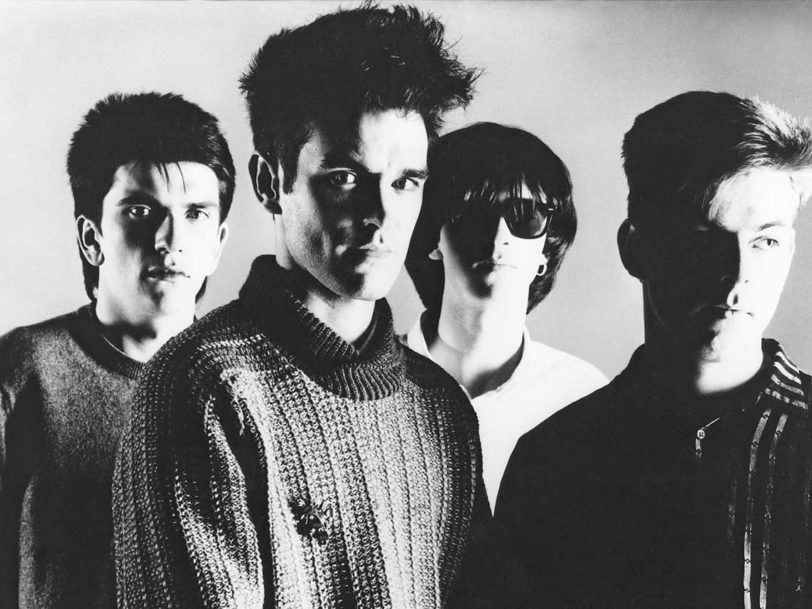Rousing and anthemic, Sheila Take A Bow is one of the most immediate and euphoria-inducing singles in The Smiths’ canon. Yet, while the song’s execution sounds effortless, capturing it proved extremely frustrating. In fact, it took the Manchester quartet three attempts to nail their 16th single across the winter of 1986/87.
Listen to the best of The Smiths here.
“Sandie Shaw likened it to Frank and Nancy Sinatra’s Somethin’ Stupid”
An initial recording session for Sheila Take A Bow took place at Paul Weller’s Solid Bond Studio, in London’s Marble Arch area, on 13 December 1986, but this was soon curtailed, primarily because Morrissey failed to show. In mitigation, the session was scheduled for the day after what proved to be The Smiths’ final full-length concert, at Brixton Academy, so maybe the singer was justified in deciding to give his voice a rest.
Morrissey did, however, turn up for the second pass at Sheila Take A Bow. This session took place at London’s Matrix Studio, in January 1987, with producer John Porter at the helm. Morrissey had planned to bring iconic 60s singer and former Smiths collaborator Sandie Shaw back into the fold for the track, but that didn’t work out, either.
“Morrissey and Sandie Shaw both turned up, but only to discover the song was pitched so high that the only harmony she could supply was lower than the lead vocal,” the band’s biographer Tony Fletcher wrote in his book A Light That Never Goes Out. Shaw “didn’t like the song. She likened it to Frank and Nancy Sinatra’s Somethin’ Stupid, so the group again scrapped the session.”
The Matrix version of Sheila Take A Bow also featured a prominent sitar-sounding guitar riff, but that was removed by the time The Smiths made a third attempt at recording the song, by which point they got it in the can.
“Sheila Take A Bow revived the glam beat that had been such a success with Panic”
This final Sheila Take A Bow session, at London’s Good Earth Studio, was overseen by The Smiths’ long-time co-producer and engineer, Stephen Street. Sandie Shaw didn’t feature on the recording, and neither did the sitar-like riff. Instead, Street used a brief audio clip of a marching temperance band from David Lean’s 1954 film, Hobson’s Choice, to act as the song’s intro, before the stomping, glam rock-flavoured music kicked in.




